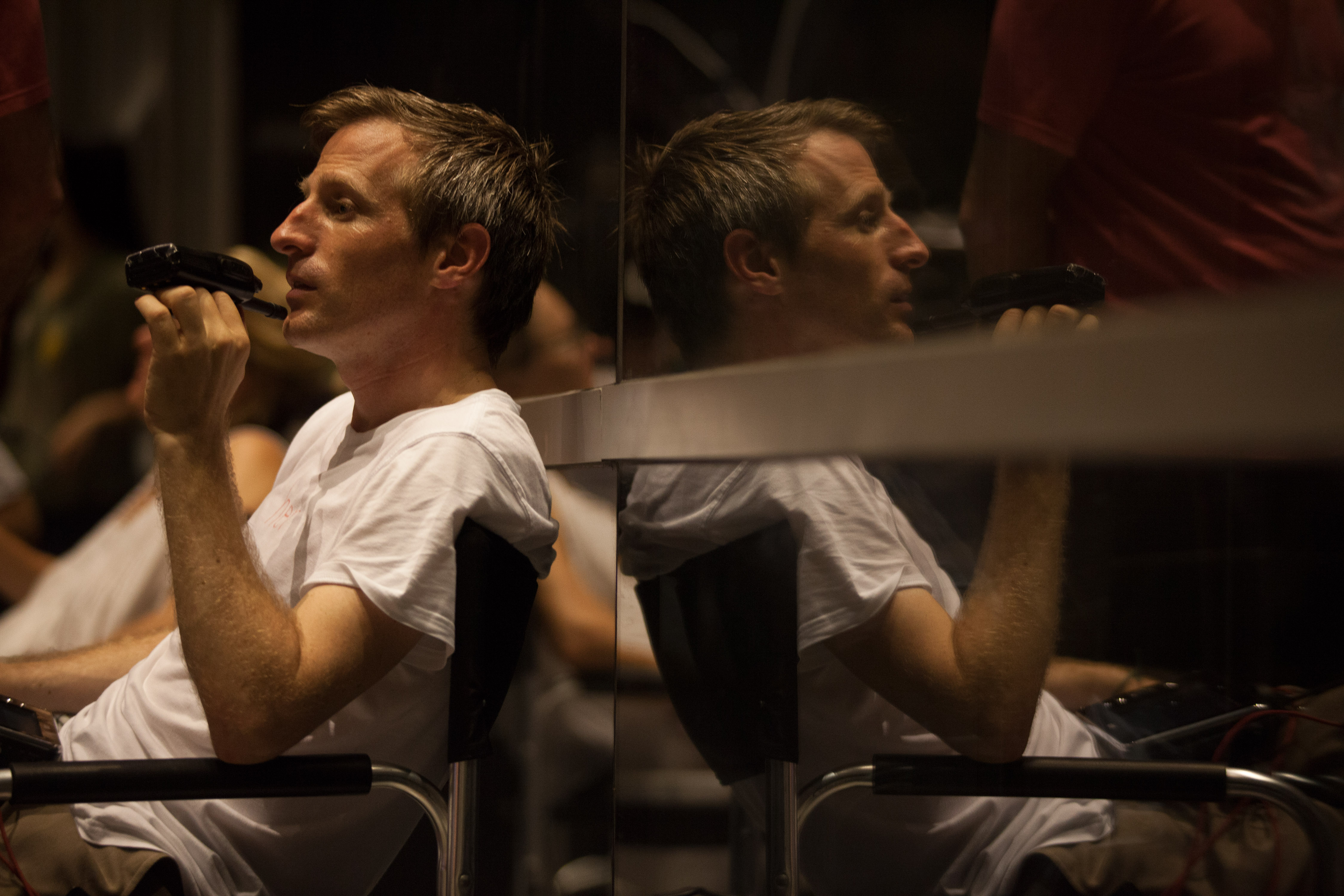The worst kind of interviews are what we in the trade call “phoners.” Face-to-face is best, and email interviews at least allow deliberate, considered answers. I caught Spike Jonze on a bad day, for me at least. My recorder broken, I simultaneously typed and talked to him in L.A.
SW: Is the notion of falling in love with an artificial-intelligence operating system so far-fetched?
Jonze: It might be absurd, it might be science fiction, but it actually means something
Given how the movie’s protagonist (Joaquin Phoenix) responds to his computer’s voice, can speaking be more powerful than reading or seeing?
A lot of conversations on the phone are incredibly meaningful. Someone can hear something you’re saying and feel that they understand you or know you.
Is the romance between Theodore (Phoenix) and his OS “Samantha” (Scarlett Johansson) a comment on how technology inhibits human intimacy?
There’s always been a need to connect and a need to be known. That is age-old. I wasn’t alive 100 years ago or 1,000 years ago, but I’m sure it was the same. The need to connect was always hugely important part of life. That’s what the movie’s about—our need for intimacy and the things inside of us that prevent us from being intimate.
It’s a pleasant shock to see Phoenix smile for once in a movie.
That’s why I wanted to cast him, because I think he’s so alive onscreen. I had this faith that you could just put a camera on his face, and he was going to be able to represent both his and Samantha’s characters on screen. I don’t know many other people who could’ve done that. E
bmiller@seattleweekly.com
Her Continues at Harvard Exit and Lincoln Square. Rated R. 126 minutes.








